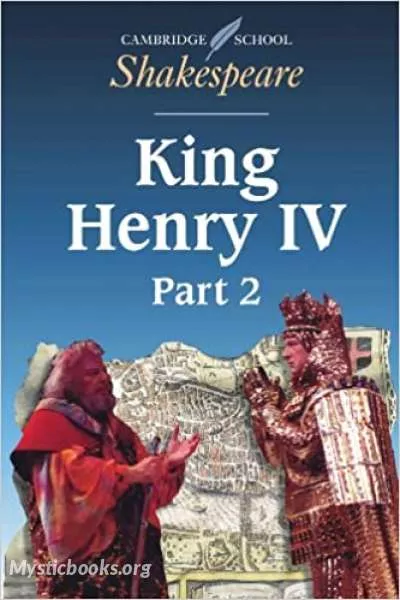
Henry IV, Part 2
'Henry IV, Part 2' Summary
The play picks up where Henry IV, Part 1 left off. Its focus is on Prince Hal's journey toward kingship, and his ultimate rejection of Falstaff. However, unlike Part One, Hal's and Falstaff's stories are almost entirely separate, as the two characters meet only twice and very briefly. The tone of much of the play is elegiac, focusing on Falstaff's age and his closeness to death, which parallels that of the increasingly sick king.
Falstaff is still drinking and engaging in petty criminality in the London underworld. He first appears followed by a new character, a young page whom Prince Hal has assigned him as a joke. Falstaff enquires what the doctor has said about the analysis of his urine, and the page cryptically informs him that the urine is healthier than the patient. Falstaff delivers one of his most characteristic lines: "I am not only witty in myself, but the cause that wit is in other men." Falstaff promises to outfit the page in "vile apparel" (ragged clothing). He then complains of his insolvency, blaming it on "consumption of the purse." They go off, Falstaff vowing to find a wife "in the stews" (i.e., the local brothels).
The Lord Chief Justice enters, looking for Falstaff. Falstaff at first feigns deafness in order to avoid conversing with him, and when this tactic fails pretends to mistake him for someone else. As the Chief Justice attempts to question Falstaff about a recent robbery, Falstaff insists on turning the subject of the conversation to the nature of the illness afflicting the King. He then adopts the pretense of being a much younger man than the Chief Justice: "You that are old consider not the capacities of us that are young." Finally, he asks the Chief Justice for one thousand pounds to help outfit a military expedition, but is denied.
He has a relationship with Doll Tearsheet, a prostitute, who gets into a fight with Ancient Pistol, Falstaff's ensign. After Falstaff ejects Pistol, Doll asks him about the Prince. Falstaff is embarrassed when his derogatory remarks are overheard by Hal, who is present disguised as a musician. Falstaff tries to talk his way out of it, but Hal is unconvinced. When news of a second rebellion arrives, Falstaff joins the army again, and goes to the country to raise forces. There he encounters an old school friend, Justice Shallow, and they reminisce about their youthful follies. Shallow brings forward potential recruits for the loyalist army: Mouldy, Bullcalf, Feeble, Shadow and Wart, a motley collection of rustic yokels. Falstaff and his cronies accept bribes from two of them, Mouldy and Bullcalf, not to be conscripted.
In the other storyline, Hal remains an acquaintance of London lowlife and seems unsuited to kingship. His father, King Henry IV is again disappointed in the young prince because of that, despite reassurances from the court. Another rebellion is launched against Henry IV, but this time it is defeated, not by a battle, but by the duplicitous political machinations of Hal's brother, Prince John. King Henry then sickens and appears to die. Hal, seeing this, believes he is King and exits with the crown. King Henry, awakening, is devastated, thinking Hal cares only about becoming King. Hal convinces him otherwise and the old king subsequently dies contentedly.
The two story-lines meet in the final scene, in which Falstaff, having learned from Pistol that Hal is now King, travels to London in expectation of great rewards. But Hal rejects him, saying that he has now changed, and can no longer associate with such people. The London lowlifes, expecting a paradise of thieves under Hal's governance, are instead purged and imprisoned by the authorities.
Book Details
Authors

William Shakespeare
United Kingdom
William Shakespeare was born on April 23, 1564, in Stratford-upon-Avon. The son of John Shakespeare and Mary Arden, he was probably educated at the King Edward VI Grammar School in Stratford, where he...
Books by William ShakespeareDownload eBooks
Listen/Download Audiobook
- Select Speed
Related books

2 B R 0 2 B by Kurt Vonnegut, Jr.
Kurt Vonnegut, Jr. was a prolific and genre-bending American novelist known for works blending satire, black comedy, and science fiction, such as Slau...
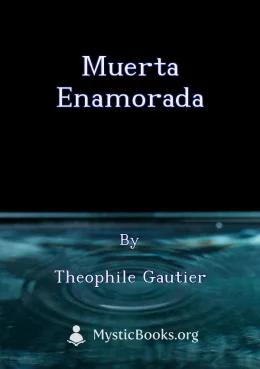
Muerta Enamorada by Theophile Gautier
La Muerta Enamorada es un cuento romántico que explora la delgada línea que separa la vida y la muerte, el sueño y la realidad. La obra de Gautier es...

Eben Holden - A Tale of the North Country by Irving Bacheller
Eben Holden is a classic American novel that tells the story of an orphan boy named Willie Brower who is taken in by his Uncle Eb, a kind-hearted farm...
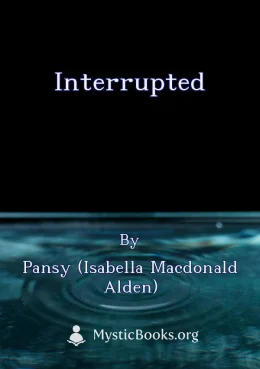
Interrupted by Pansy (Isabella Macdonald Alden)
Claire Benedict is a young woman who has always been responsible and dependable. She is the one her family and friends turn to for support. But when h...
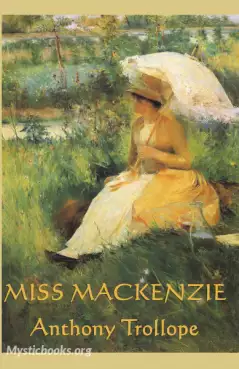
Miss Mackenzie by Anthony Trollope
The thirty-five year-old (hence utterly over-the-hill) Miss Margaret Mackenzie, having devoted her life to others, suddenly finds herself with no one...
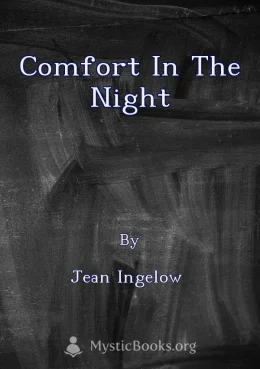
Comfort in the Night by Jean Ingelow
“Comfort in the Night” is a collection of poems by Jean Ingelow, known for their lyrical beauty and exploration of themes like love, loss, and the sol...
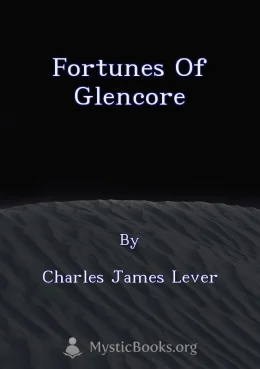
Fortunes of Glencore by Charles James Lever
Viscount Glencore is a wealthy and powerful man, but he is also a deeply unhappy one. His wife has left him, and he has disowned his son, whom he beli...
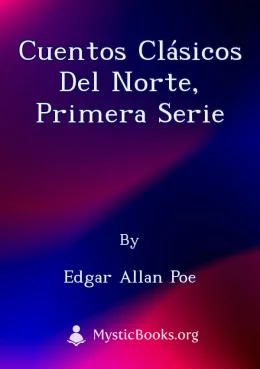
Cuentos Clásicos del Norte, Primera Serie by Edgar Allan Poe
This book, "Cuentos Clásicos del Norte, Primera Serie" (Classical Tales of the North, First Series) features a selection of Edgar Allan Poe's most ren...
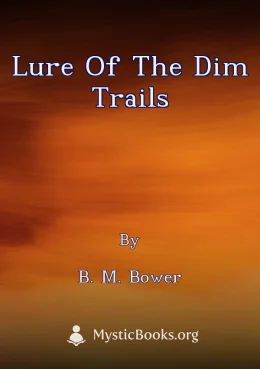
Lure of the Dim Trails by B. M. Bower
Phil Thurston, a city-dwelling writer struggling with creative stagnation, finds himself drawn back to the rugged Western landscape of his childhood....
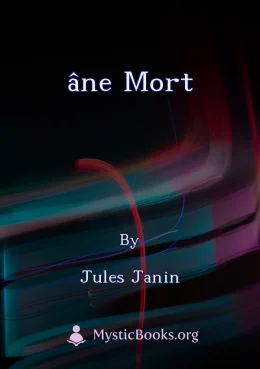
âne mort by Jules Janin
This tragicomic novel tells the story of a young peasant girl's descent into hell, as seen through the eyes of a man who has fallen in love with her w...
Reviews for Henry IV, Part 2
No reviews posted or approved, yet...